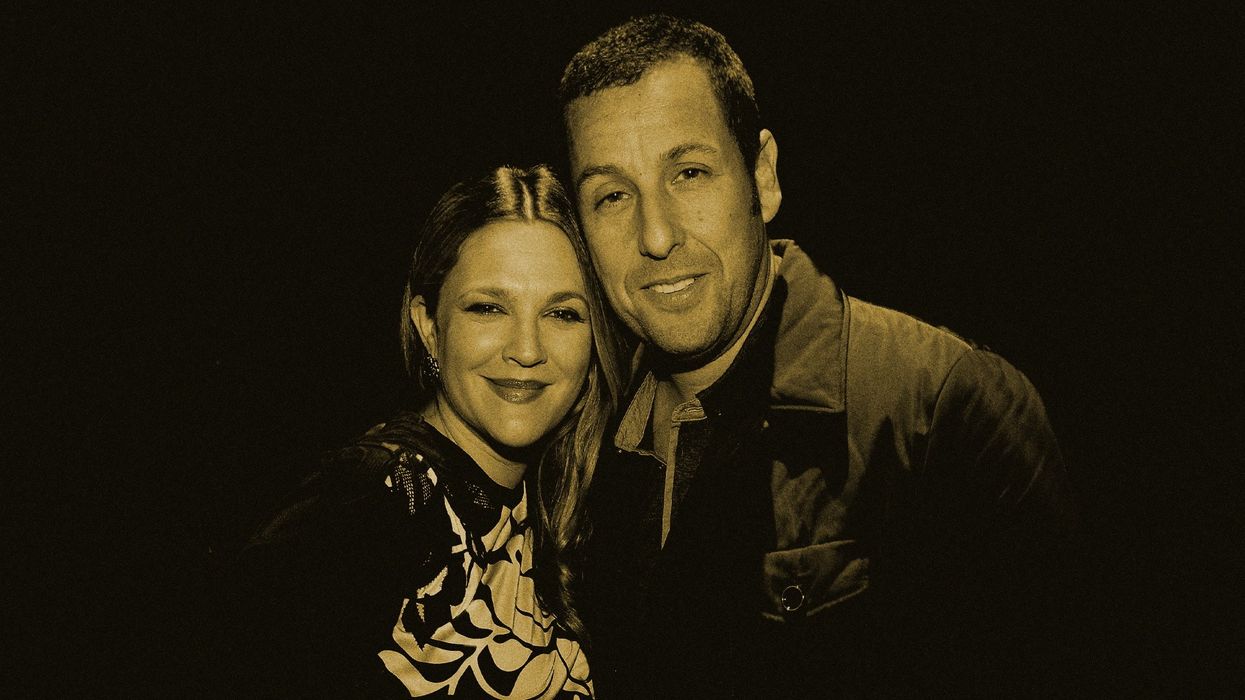What is Intuitive Eating and Can It Help You Become Fitter and Healthier?
Does it seem like every diet you’ve ever tried just...doesn’t work?
Maybe you’ve had some results in the past. But quickly they wear off because the diet is completely unsustainable (I’m looking at you, lemonade diet) or it just doesn’t work for you like it, apparently, worked for others.
The truth is, dieting often doesn’t work. In fact, it’s been shown more often in studies to lead to weight gain. “Study after study, shows that dieting and food restriction for the purpose of weight loss leads to more weight gain,” say intuitive eating founders Evelyn Tribole and Elyse Resch.
So then, what’s the alternative? If jumping on every next diet fad has got you tired and frustrated, intuitive eating might just be a breath of fresh air.
What is intuitive eating?
According to Tribole and Resch, intuitive eating is “an evidenced-based, mind-body health approach.”
“Intuitive eating is a dynamic integration between mind and body. The principles work by either cultivating or removing obstacles to body awareness, a process known as interoceptive awareness.,” continue Tribole and Resch. “Intuitive Eating is a personal process of honoring health by listening and responding to the direct messages of the body in order to meet your physical and psychological needs.”
Tribole and Resch are quick to mention that intuitive eating is not a diet or food plan but an approach to health, both physical and psychological.
It’s a journey of discovering your body as well as your mind, learning about your relationship with food and your behavior in connection with it.
“Ultimately, you are the expert of your body. Only you know what hunger, fullness, and satisfaction feels like. Only you know your thoughts, feelings, and experiences. Intuitive Eating is an empowerment tool–it’s time to unleash it and liberate yourself from the prison of diet culture and weight obsession.”
The 10 principles of intuitive eating
As we talked about earlier, intuitive eating isn’t a diet plan or nutritional framework.
That’s great, but how do you follow an intuitive eating approach with only vague guidelines?
That’s where Tribole and Resch’s ‘10 principles of intuitive eating’ come in. The duo created ten principles which offer clear guidelines for applying the principles of intuitive eating.
The ten principles are:
1. Reject the diet mentality
“Throw out the diet books and magazine articles that offer you false hope of losing weight quickly, easily, and permanently,” say Tribole and Resch.
By buying into the hope of a new diet fad, you lose touch with intuitive eating. You need to trust yourself -- your body and your mind.
2. Honor your hunger
“Keep your body biologically fed with adequate energy and carbohydrates. Otherwise, you can trigger a primal drive to overeat,” say Tribole and Resch. In other words, eat when you’re hungry and never starve yourself.
If you let yourself get to the point of starving, your brain and body go into a state that loses all sense of moderation and overheating happens.
3. Make peace with food
Similar to the previous point, but more centered around fatty or unhealthy cravings, if you attempt to withhold a craving for the sake of sticking to a diet, you’re much more likely to binge on that food and end up overdoing it.
Instead, if you allow yourself to have that craving periodically, you’ll stay in better control of your body.
4. Challenge the food police
Challenge your preconceived notions about how you should and should not be eating, especially those born from society or the “Food Police” as Tribole and Resch refer to it.
“The police station is housed deep in your psyche, and its loud speaker shouts negative barbs, hopeless phrases, and guilt-provoking indictments.”
5. Respect your fullness
Learn to observe closely to the feeling of fullness and respect that feeling. When your body is telling you that it doesn’t want any more, stop.
Many of us keep eating after we feel a bit of fullness because the food in front of us either isn’t all eaten or it still looks tasty. Instead, listen to your body to become better aware of your fullness level throughout each meal and listen to what your body is telling you.
6. Discover the satisfaction factor
Learn to connect with the feeling of being satisfied to reduce overeating and improve your relationship with food.
To do this, allow yourself to eat more of the foods you enjoy in an environment that is most enjoyable.
“By providing this experience for yourself, you will find that it takes much less food to decide you’ve had ‘enough’.”
7. Honor your feelings without using food
Many of us turn to food to cope with difficult emotions such as sadness, loneliness, anger, or anxiety.
Instead, find practices and habits you can adopt that allow you to work through emotional challenges without needing to resort to food.
Practices include:
- Mindfulness meditation
- Journalling
- Talking to a supportive friend who is a good listener
- Reflecting your strengths and individual worth
8. Respect your body
Despite what magazines and Instagram might seem to be telling you, there is no ideal body size, shape, or weight.
It’s unrealistic and damaging for someone with a larger body size to think that they’re “supposed” to be smaller and that there’s something wrong with them if they aren’t.
Instead of focusing on getting small, focus on getting healthy and learning to respect your body.
9. Exercise
“Forget militant exercise,” say Tribole and Resch. “Just get active and feel the difference. Shift your focus to how it feels to move your body, rather than the calorie burning effect of exercise.”
By shifting your focus to simply getting active and enjoying it– not only being active but how it makes you feel afterwards– you’ll find yourself making exercise a way of life with much less effort.
10. Honor your health
It’s not about a single snack, meal, or even a day of eating. None of those things will change your health or body in the long run.
Instead, it’s about your habits and consistent choices over a long period of time, so focus on honoring your health by making food choices that are both more nutrient-dense and taste great.































